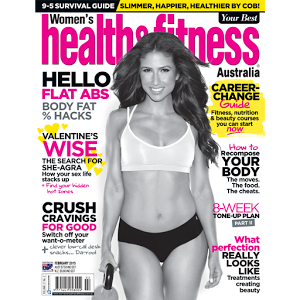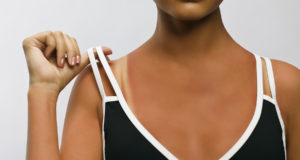
sleep!
The majority of people need 7 to 8 good hours of sleep per night, on a regular sleep pattern, for the body to function it’s best. If your workouts and competitions aren’t going quite as well as you’d planned, carefully consider whether or not you’re getting enough sleep.
don’t overtrain!
Many people plateau in their weight loss or muscle building goals and never think that they might be over-training. It’s very typical and also very unhealthy. A tangible way to check if you might be overtraining is to check your pulse when you wake up in the morning. If your pulse is more than 10 beats greater than usual, you are most likely over-trained. At that point, try taking a week or two off. Your body and mind will thank you tremendously.
drink soda – not!
Drinking soda has many harmful side effects, such as decreased bone density, and has absolutely no nutritional value. It is a known diuretic which depletes your body of its number one resource–water! If soda is currently a staple of your sports nutrition diet, please, do yourself a favor and cut it out completely.
always do a cool down!
Always, always, always do a cool down after working out vigorously. A normal cool down period should be for about 5-10 minutes, and can be as simple as taking a brisk walk. By doing this, you’re allowing the blood that has accumulated in your extremities and various parts of you body to redistribute. Your cool down will prevent that inevitable muscle stiffness and alleviate soreness the next day. Adding a cool down to your workout will pay for itself many times over. Get in the habit.
replenish those fluids!
If you’re exercising for less than an hour, water will suffice for replenishing your much needed fluids. However, if your workouts are an hour or longer, it’s necessary and extremely beneficial for you to incorporate a good sports drink. A good sports drink will not be carbonated, will contain 15-19 gms of carbohydrates for every 8 ounces and have a good amount of potassium, sodium, and possibly protein. Sports drinks taste better and do a much better job of replacing your body’s nutrients during a extended or vigorous exercise.

Source by Christopher Heffron
 Vitamin Agent The Health & Naturalistic Source
Vitamin Agent The Health & Naturalistic Source




